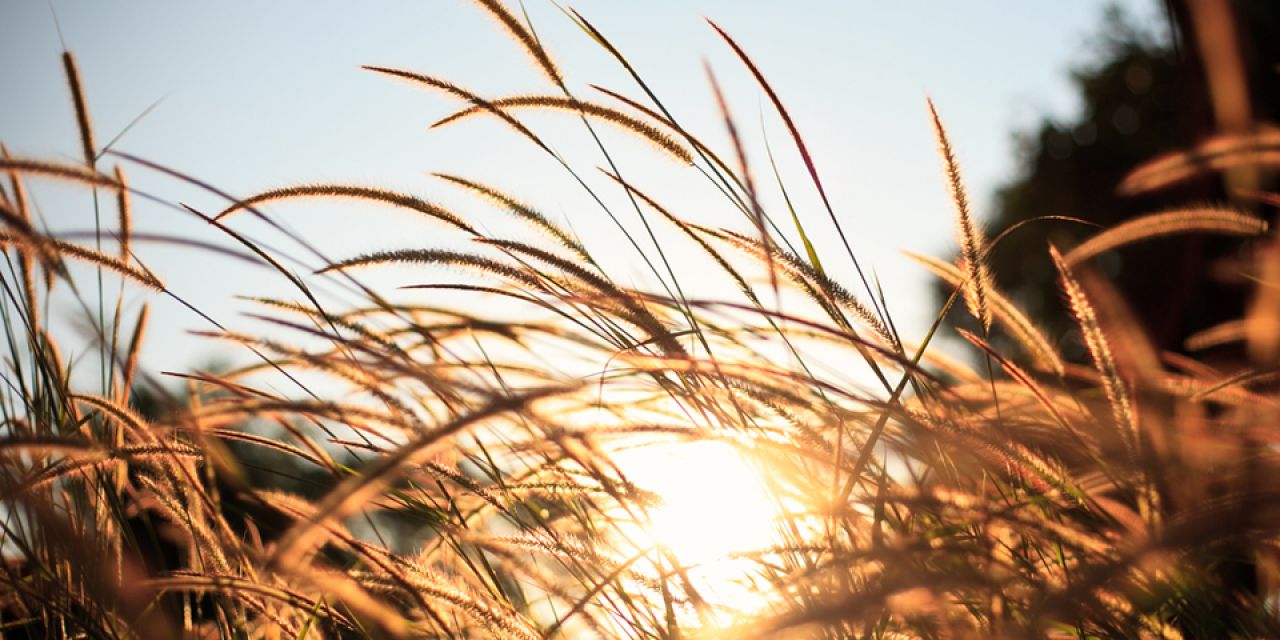The annuals have faded and the turf is tired after a blistering-hot summer. It’s Mother Nature’s way of telling us to put the garden to bed for winter.
Turf – will survive winter best and come back more vigorously in spring if you fertilize and aerate it this fall.
Vegetable gardens – Pull up old vines and vegetable plants. Insect pests that feed on these plants during summer and fall often lay eggs on the old plants. If the vines are left on the soil surface, insect eggs will survive the winter and hatch in the spring. If they are not diseased, you can work the old plants back into the garden soil. This adds valuable organic matter to the soil and, at the same time, destroys insects and their eggs. In addition to garden debris, other organic material may be added to the soil in fall. You can use well rotted manure, compost, peat or leaves. Soil micro-organisms and beneficial soil insects will help incorporate these materials into the soil before the ground freezes and in the spring after it thaws.
Annual Flowers – Pull up spent vines and foliage of annual flowers and compost them or dig them into the garden. If the plants are diseased, however, discard them in the trash.
Weeds – this is a good time to get rid of them since perennial weeds, such as dandelion, thistle and bindweed, are more easily killed by fall sprays than by summer applications. Try mixing your own spray of Vinegar and salt with a dash of dish detergent – works like a charm and doesn’t harm the environment. Combine and blend throughly:
1 gallon of white vinegar
1 Cup table salt
1 tblsp. liquid dishwashing soap.







